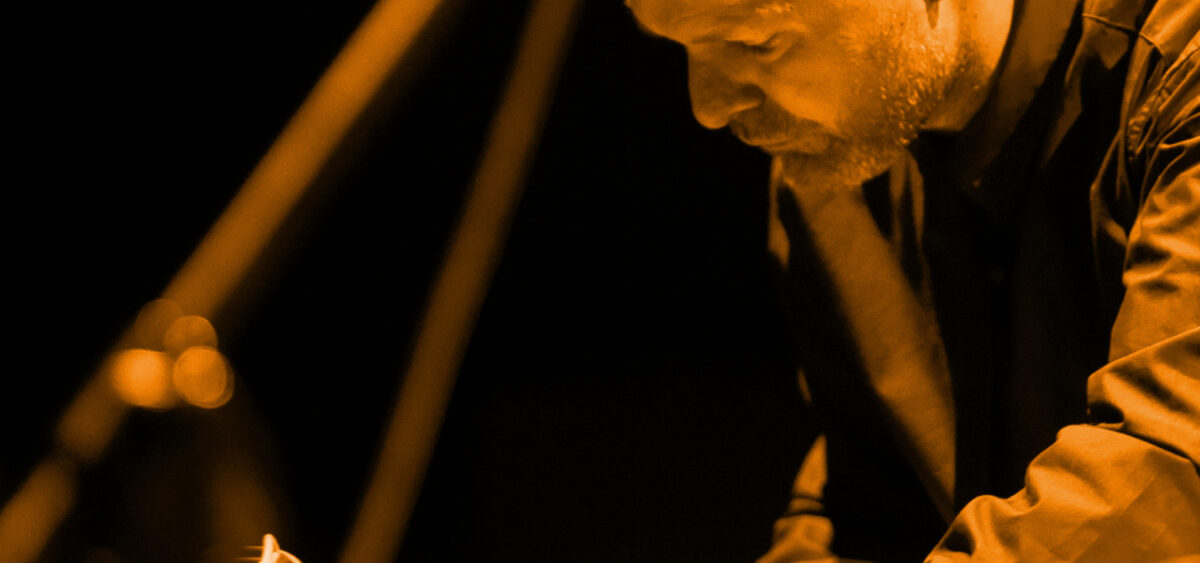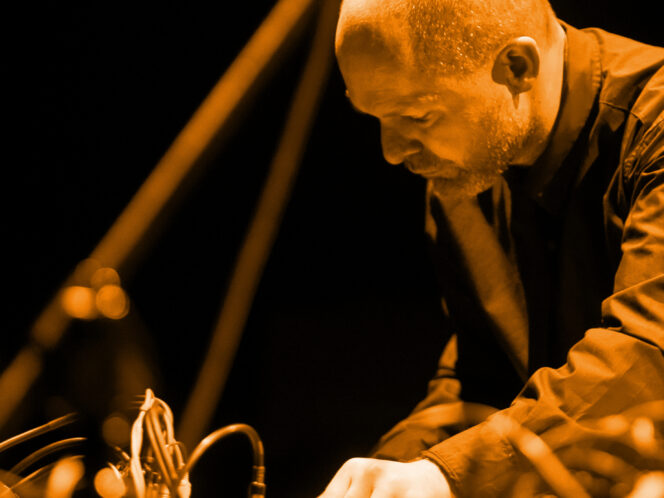
Listening to another person patiently and attentively is a dying skill. There are reasons why it should be revived.
Not so long ago, I attended a meeting of a local Bettors Anonymous (BA) group in Poland. One conversation dealt with everyday issues—someone had argued with their mother-in-law; another had been bored at work that day. One of the men talked for a quarter of an hour about the puppy he had recently brought home: what the dog ate; how it played; how many times a day it needed letting out. Though the story lacked action, no one tried to interrupt. We listened solemnly and without comment. The meeting was open. I went because I was working on a report about addiction, but I did not conceal this and was well aware of the main rule of the meetings—that none of the participants’ stories can leave the group. Apart from me, no new people had joined, thus there was no “powerful” story about falling into or beating addiction, typical for BA first-timers. I might have been bored. However, after the first hour I realized that I did not want to leave the hall. Time passed, but I didn’t feel like I was wasting it. I was surprisingly comforted listening to reports of everyday lives which lacked any dynamic punchlines. I was enthralled by the peace which surrounded us. Nobody interrupted anyone. No one showed even the slightest bit of impatience. There were no arguments, jibes, or stunts. I could not remember when I had last had such a seamless and calming time with others.
A Luxury Item
Over two thousand years ago, Zen






